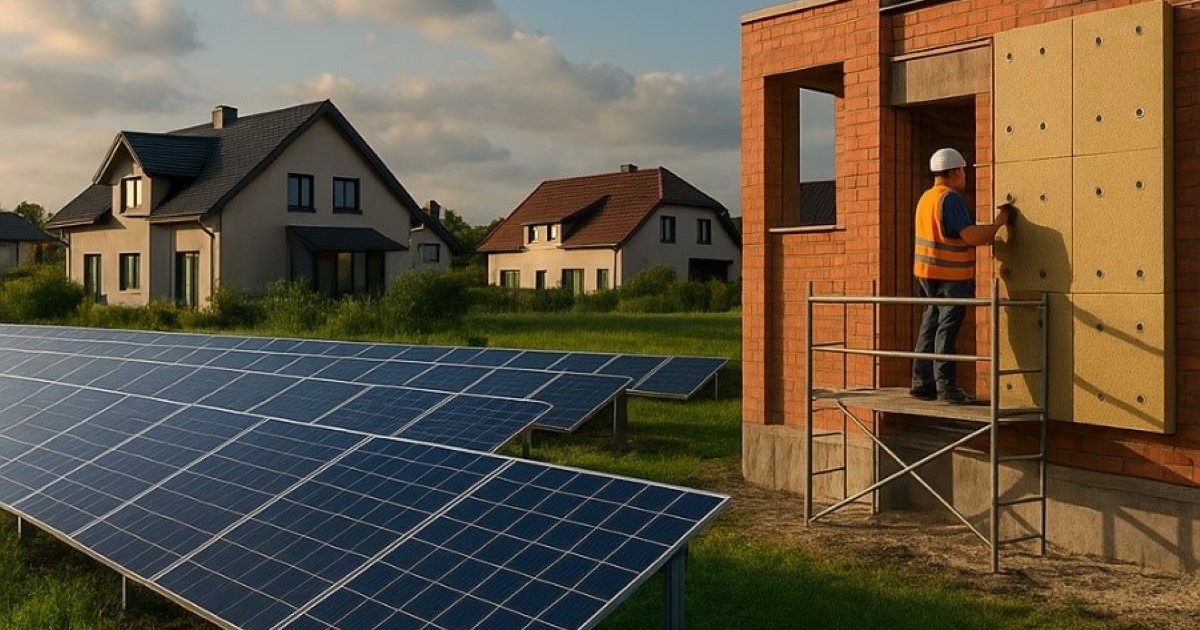New Challenges in Renewable Energy Integration and Net Zero Energy Future
A special issue of Energies (ISSN 1996-1073). This special issue belongs to the section "A: Sustainable Energy".
Deadline for manuscript submissions: 5 May 2026 | Viewed by 226

Special Issue Editor
2. Department for Engineering, School of Engineering and the Built Environment, Birmingham City University, Millennium Point, Curzon Street, Birmingham B4 7XG, UK
Interests: vacuum insulation panel; net zero energy buildings; vacuum-insulated wallpaper; hybrid vacuum-glazed photovoltaic–thermal (VPV/T) collector; vacuum glazing; applied transparent PV films; PDLC films; applied thermoelectric systems; ultra-high vacuum-sealing materials; fast-charging batteries and charging stations for electric vehicles
Special Issue Information
Dear Colleagues,
It is my honour to serve as Guest Editor for this Special Issue, which will examine how we can realistically integrate renewable energy into our systems and societies to support a net zero future. Drawing upon my industrial and academic background, my interests are not only rooted in innovation but also in addressing practical barriers related to energy use, economic viability, environmental impact, and overall cost-effectiveness. In many research discussions, the perspectives of installers, contractors, and consumers, who are directly engaging with energy technologies on the ground, are often underrepresented. Yet their mindset, understanding, and willingness to adopt new systems are critical. Without addressing this practical stage of application, too much promising research remains confined to academic papers and never fully makes the leap into real-world use.
This Special Issue calls for contributions that tackle these overlooked dimensions by bringing together experimental science with practical implementation. In today’s rapidly evolving landscape, renewable energy must not only be technically efficient but also affordable, scalable, and widely adoptable. Our global efforts towards decarbonisation will succeed only when innovations make economic sense to households, developers, and industries alike.
With this in mind, I encourage authors to submit original research articles that are backed by experimentally validated results and case studies. Topics of interest include, but are not limited to, energy storage, electric vehicle energy management, hybrid renewable systems, vacuum insulation for net zero energy buildings, low-cost insulation or building retrofits, smart energy management, and AI-assisted optimisation for grid or household applications. I particularly encourage work that uses Artificial Intelligence not just as a simulation tool, but as a practical solution embedded within real-life energy systems, helping predict, adapt, and improve performance based on dynamic variables and user behaviour.
Papers that explore how renewable energy solutions are accepted, installed, and evaluated in the real world, especially within the context of cost–benefit analyses, user perception, training of installers, or field performance, will receive special attention. Research that combines both experimental data and critical insights into adoption barriers will help us transition from theory to reality.
Together, this Special Issue aims to push the boundaries of what is possible, not just scientifically, but practically. I warmly invite your contributions to help us bridge the gap between innovation and impact.
With best regards,
Prof. Dr. Saim Memon
Guest Editor
Manuscript Submission Information
Manuscripts should be submitted online at www.mdpi.com by registering and logging in to this website. Once you are registered, click here to go to the submission form. Manuscripts can be submitted until the deadline. All submissions that pass pre-check are peer-reviewed. Accepted papers will be published continuously in the journal (as soon as accepted) and will be listed together on the special issue website. Research articles, review articles as well as short communications are invited. For planned papers, a title and short abstract (about 250 words) can be sent to the Editorial Office for assessment.
Submitted manuscripts should not have been published previously, nor be under consideration for publication elsewhere (except conference proceedings papers). All manuscripts are thoroughly refereed through a single-blind peer-review process. A guide for authors and other relevant information for submission of manuscripts is available on the Instructions for Authors page. Energies is an international peer-reviewed open access semimonthly journal published by MDPI.
Please visit the Instructions for Authors page before submitting a manuscript. The Article Processing Charge (APC) for publication in this open access journal is 2600 CHF (Swiss Francs). Submitted papers should be well formatted and use good English. Authors may use MDPI's English editing service prior to publication or during author revisions.
Keywords
- energy storage
- electric vehicles
- advanced insulation materials
- vacuum insulation
- solar thermal systems
- AI in renewable energy systems
Benefits of Publishing in a Special Issue
- Ease of navigation: Grouping papers by topic helps scholars navigate broad scope journals more efficiently.
- Greater discoverability: Special Issues support the reach and impact of scientific research. Articles in Special Issues are more discoverable and cited more frequently.
- Expansion of research network: Special Issues facilitate connections among authors, fostering scientific collaborations.
- External promotion: Articles in Special Issues are often promoted through the journal's social media, increasing their visibility.
- Reprint: MDPI Books provides the opportunity to republish successful Special Issues in book format, both online and in print.
Further information on MDPI's Special Issue policies can be found here.





